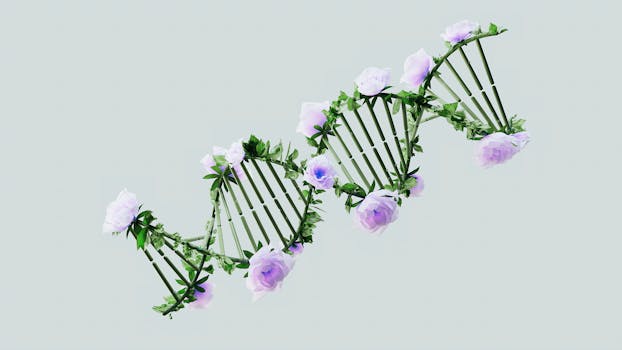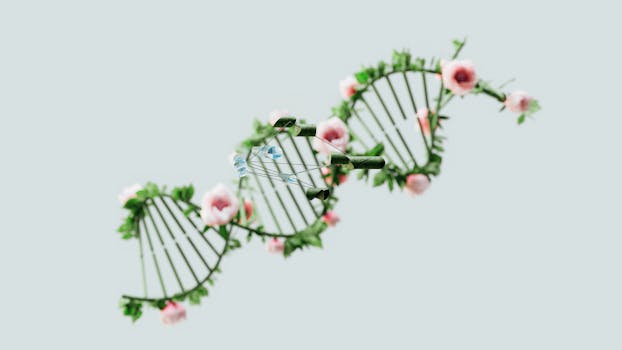
The Role of Genetics in Human Health and Disease
Introduction to Genetics and Human Health

The role of genetics in human health and disease is a complex and multifaceted field of study. Genetics is the study of heredity, genes, and variation, and it has a significant impact on our overall health and wellbeing. Our genetic makeup determines our susceptibility to certain diseases, our response to environmental factors, and our ability to recover from illness. In this article, we will explore the role of genetics in human health and disease, and discuss the latest research and developments in this field.
Genetic Disorders and Diseases

Genetic disorders and diseases are conditions that are caused by mutations or alterations in our DNA. These conditions can be inherited from our parents, or they can occur spontaneously due to environmental factors or errors in DNA replication. Some examples of genetic disorders include sickle cell anemia, cystic fibrosis, and Huntington’s disease. These conditions can have a significant impact on our quality of life, and can often be debilitating or even life-threatening.
Genetics and Disease Prevention

Genetics also plays a crucial role in disease prevention. By understanding our genetic makeup, we can identify our risk factors for certain diseases, and take steps to mitigate those risks. For example, if we have a family history of heart disease, we can take steps to reduce our risk by eating a healthy diet, exercising regularly, and managing our stress levels. Similarly, if we have a genetic predisposition to certain types of cancer, we can undergo regular screening and take steps to reduce our exposure to environmental carcinogens.
Genetic Research and Developments

Genetic research and developments are continually advancing our understanding of the role of genetics in human health and disease. New technologies such as gene editing and gene therapy are allowing us to treat and even cure genetic disorders. Additionally, advances in genomics and epigenomics are giving us a better understanding of the complex interactions between our genes, environment, and lifestyle. These developments have the potential to revolutionize the field of medicine, and to improve our overall health and wellbeing.
Conclusion

In conclusion, the role of genetics in human health and disease is a complex and multifaceted field of study. By understanding our genetic makeup, we can identify our risk factors for certain diseases, and take steps to mitigate those risks. Additionally, genetic research and developments are continually advancing our understanding of the role of genetics in human health and disease, and are giving us new tools and technologies to treat and prevent genetic disorders. As we continue to advance our understanding of genetics, we will be better equipped to develop new treatments and prevention strategies, and to improve our overall health and wellbeing.






